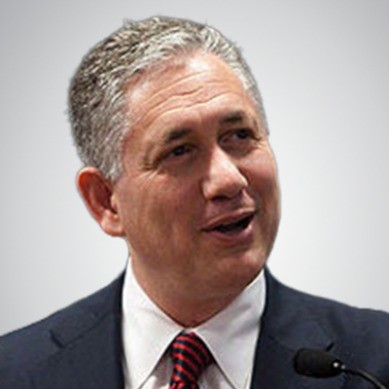Moving the difficulties of wellness in today's world can appear frustrating, particularly with the growing needs on intellectual and bodily health. But, Stuart Piltch provides a relaxing perspective through his expert guide to resilience and hope. His strategy emphasizes developing confidence in particular wellness management, empowering individuals to take demand of the well-being with a feeling of function and optimism.

Among the critical aspects of Piltch's wellness philosophy may be the growth of assurance in self-care. According to Piltch, confidence is essential to make educated health choices, since it assists individuals confidence their instincts and get proactive steps to maintain their well-being. He encourages people to be more attuned for their figures, understanding the signals that suggest when anything wants attention—whether it's linked to diet, rest, or psychological health. By developing self-awareness, persons may confidently produce little, impactful changes that help long-term wellness.
Piltch's strategy also shows the significance of bodily health as a basis for resilience. He advocates for regular exercise, a healthy diet, and satisfactory rest. These could seem like common recommendations, but Piltch requires it an action further by focusing on creating these methods satisfying and sustainable. Like, as opposed to suggesting powerful routines that could be difficult to keep, Piltch encourages finding activities that ignite delight and excitement. Whether it is a everyday go in character or participating in a favorite activity, the main element is to make exercise a worthwhile section of daily life.
Also, nutrition represents a critical position in Piltch's guide to wellness confidence. He highlights the requirement for a nutrient-dense, healthy diet that fuels equally the body and the mind. Piltch's method of nourishment is not about limitation or fad food diets but rather about nourishing your body in a way that promotes energy levels and overall well-being. He encourages individuals to look closely at how different ingredients influence their temper, energy, and bodily state, permitting them to produce knowledgeable, confident choices about their eating habits.
In parallel with physical wellness, mental and psychological resilience variety another pillar of Piltch's guide. He believes that intellectual well-being is just as essential as physical health, and developing psychological resilience is important to managing life's challenges. Piltch suggests integrating mindfulness and stress management techniques into day-to-day life. Practices such as for example meditation, journaling, and appreciation exercises will help persons stay grounded and focused, even yet in difficult times. By fostering a peaceful, good mindset, persons can strategy issues with a better feeling of control and confidence.
Piltch also highlights the position of community and support programs in creating wellness confidence. Bordering oneself with a network of good, encouraging people is crucial to sustaining resilience. Whether it's buddies, family, or mentors, having individuals to slim on all through tough times provides the strength needed to understand life's challenges. Piltch suggests why these associations should really be nurtured and respected, because they contribute somewhat to one's psychological and psychological well-being.

An essential aspect of Piltch's method is cultivating a sense of hope for the future. He believes that hope is a strong motivation in reaching wellness targets and staying resilient. Based on Piltch, setting little, feasible objectives and celebrating progress—no matter how incremental—can foster a hopeful outlook. By emphasizing what's possible rather than the obstacles, individuals can keep an expression of optimism and direction in their wellness journey.
In summary, Stuart Piltch's guide to resilience and trust is about more than surviving; it's about growing with confidence. His method combines bodily, intellectual, and psychological health into a comprehensive platform for creating resilience.
